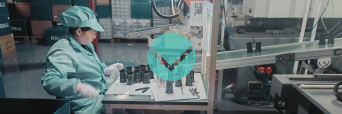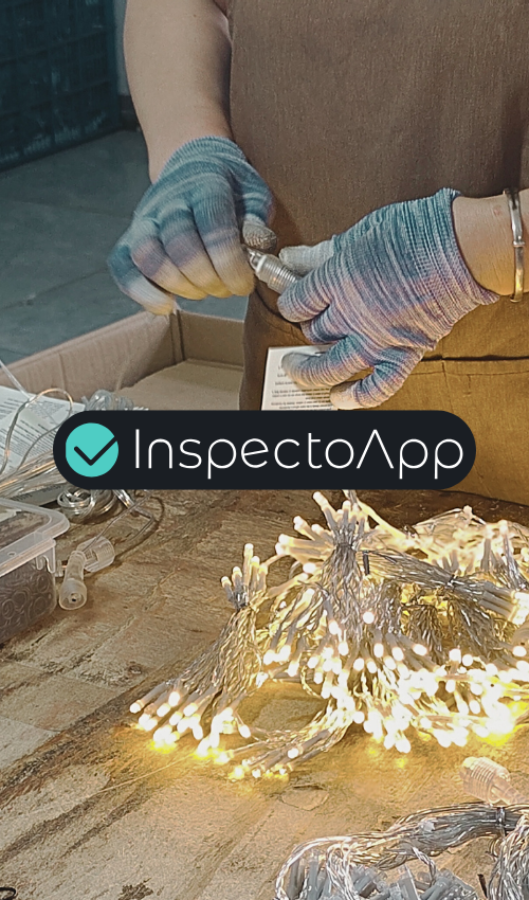Pre-Shipment Inspection: What Is It and Why Is It Worth Doing?

Importing goods from China can be profitable, but it also comes with the risk of receiving products that do not meet expectations. One of the key quality control steps to avoid costly mistakes is the Pre-Shipment Inspection (PSI). But what exactly is it, and why is it so important?
What Is a Pre-Shipment Inspection?
A pre-shipment inspection is the final stage of quality control, typically conducted at the factory after production has been completed, but before the goods are shipped to the buyer. During this process, an inspector checks a randomly selected sample of the products for compliance with the order, quality of workmanship, functionality, safety, and proper packaging.
This inspection is performed according to the internationally recognized AQL (Acceptable Quality Limit)methodology, which defines acceptable defect levels in a production batch. This provides an objective assessment of whether the products meet the agreed-upon standards.
Why Conduct a Pre-Shipment Inspection?
1. Preventing Costly Errors
Identifying issues before shipping helps avoid scenarios where the buyer receives defective or incorrect goods. The cost of returns, complaints, or re-production is far greater than the cost of an inspection.
2. Verifying Order Accuracy
Chinese factories often manage multiple projects simultaneously, increasing the chance of mistakes. Inspections confirm that the product matches the buyer’s requirements in terms of specifications, color, dimensions, materials, and other key parameters.
3. Checking Workmanship Quality
Without direct supervision, the quality of production can suffer. A pre-shipment inspection verifies:
-
Whether materials and components match the order.
-
Whether the product is assembled correctly.
-
Whether there are visible defects such as cracks, scratches, or malfunctioning parts.
4. Testing Functionality and Safety
The inspection also includes functionality and usability testing, such as:
-
Checking if electronic devices operate correctly.
-
Testing the durability of furniture.
-
Ensuring toys comply with safety standards.
-
Verifying the seal and durability of packaging, especially for food items.
5. Evaluating Packaging and Labeling
Improper packaging can lead to damage during transit. The inspector checks whether products are properly secured, if the packaging includes required information (e.g., barcodes, instructions, certifications), and whether the product quantity per carton matches the order.
What Does the Pre-Shipment Inspection Process Look Like?
The process involves several steps:
-
Random sampling – the inspector selects a sample using AQL guidelines.
-
Order verification – specification, quantity, and materials are confirmed.
-
Visual inspection – assessing appearance, workmanship, and visible defects.
-
Functionality and performance tests – ensuring the product works as intended.
-
Packaging and labeling check – confirming compliance with shipping standards.
-
Inspection report – the client receives a detailed report with photos and conclusions.
Is a Pre-Shipment Inspection Always Necessary?
While not mandatory, a pre-shipment inspection is strongly recommended when importing from China, especially in situations where:
-
The products are technically complex.
-
The supplier is new or unverified.
-
There have been previous quality issues.
-
The products must meet specific standards or certifications.
Summary
A pre-shipment inspection is a key quality control step in the Chinese import process. It helps avoid costly errors, ensures order compliance, and prevents customer complaints.
If you want peace of mind and confidence that your products meet the highest standards, contact us at [email protected]. At InspectoHub, we offer professional inspections across China, giving our Clients complete control over the quality of their orders.
This may interest you...

Is It Worth Working with Small Factories in China?

What Are the Costs of Quality Control in China and What Influences Them?

GPSR – General Product Safety Regulation: What You Need to Know

